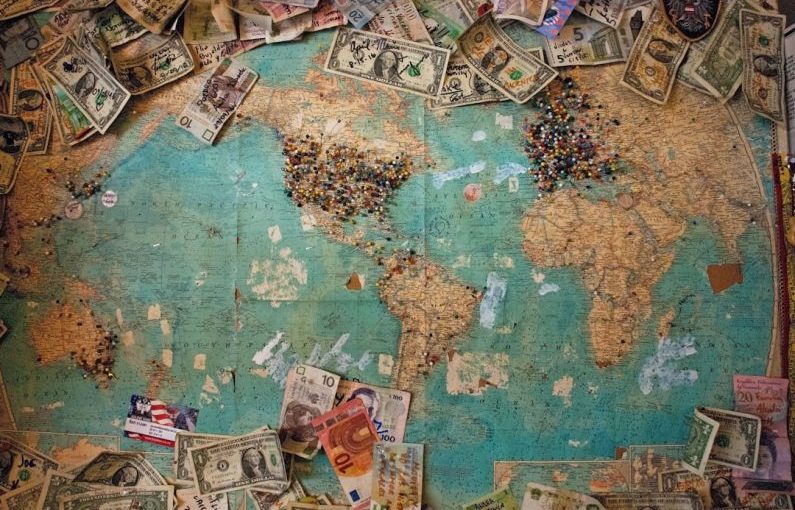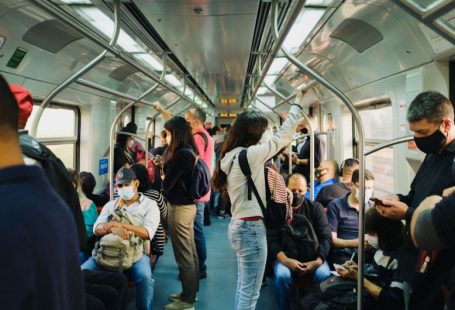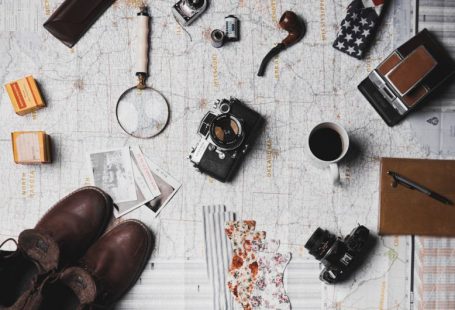Traveling abroad can be a thrilling adventure, but it’s essential to stay financially safe while exploring new destinations. As a budget traveler, it’s crucial to manage your expenses wisely and be prepared for any unexpected costs that may arise during your journey. By following some simple tips and tricks, you can enjoy your trip without breaking the bank. Here is a comprehensive guide to help you stay financially secure while traveling on a budget.
Research Your Destination
Before embarking on your journey, take the time to research your destination thoroughly. Understand the local currency, cost of living, and typical expenses you may incur during your stay. By familiarizing yourself with the financial aspects of your destination, you can create a realistic budget that aligns with your travel plans.
Budget Wisely
Creating a budget is the cornerstone of successful budget travel. Start by outlining your fixed expenses, such as accommodation and transportation costs. Then, allocate funds for daily expenses like meals, sightseeing, and activities. Be realistic about your spending habits and account for unexpected expenses to avoid financial surprises along the way.
Track Your Expenses
While on the road, keep track of your expenses diligently. Use a travel budget app or a simple notebook to record every purchase you make. Monitoring your spending in real-time will help you stay within your budget and identify areas where you can cut costs if needed.
Opt for Affordable Accommodation
Accommodation can be one of the most significant expenses while traveling. To save money, consider staying in budget-friendly options such as hostels, guesthouses, or vacation rentals. Websites like Airbnb, Hostelworld, and Booking.com offer a variety of affordable accommodations that cater to budget travelers.
Eat Like a Local
Eating out at restaurants can quickly add up, especially in touristy areas. To save money, opt for local street food stalls, markets, or grocery stores where you can purchase affordable and authentic meals. Embracing the local cuisine not only enriches your travel experience but also helps you stick to your budget.
Use Public Transportation
Transportation costs can eat up a significant portion of your travel budget. Instead of relying on taxis or private transfers, use public transportation like buses, trains, or subways to get around. Many cities offer budget-friendly transportation passes or cards that provide unlimited travel for a set period, allowing you to explore the city without breaking the bank.
Avoid Tourist Traps
Tourist traps are designed to lure unsuspecting travelers into spending more than necessary. Be wary of overly crowded attractions, souvenir shops, and guided tours that may come with inflated prices. Do your research, seek out off-the-beaten-path experiences, and interact with locals to discover hidden gems that won’t drain your wallet.
Stay Vigilant Against Scams
Scams targeting tourists are prevalent in many popular travel destinations. Stay vigilant and be cautious of common scams such as overcharging, fake merchandise, and distraction tactics. Keep your valuables secure, avoid sharing personal information with strangers, and trust your instincts if something feels off.
Emergency Fund
No matter how well you plan, unforeseen circumstances can arise while traveling. It’s essential to have an emergency fund set aside for unexpected expenses like medical emergencies, flight cancellations, or lost belongings. Having a financial safety net will provide peace of mind and ensure that you can handle any financial setbacks that may occur during your journey.
Stay Connected to Your Bank
Before traveling abroad, notify your bank of your travel plans to avoid any disruptions to your financial transactions. Familiarize yourself with any foreign transaction fees, currency exchange rates, and ATM withdrawal limits that may apply to your account. Consider carrying multiple forms of payment, such as cash, credit cards, and a travel money card, to ensure you have access to funds wherever you go.
Incorporate these tips into your budget travel plans to stay financially safe and secure while exploring the world. By being mindful of your expenses, planning ahead, and staying informed, you can make the most of your travel experience without overspending. Remember, budget travel is not just about saving money—it’s about making smart financial choices that allow you to enjoy new adventures while staying financially responsible. Safe travels!





